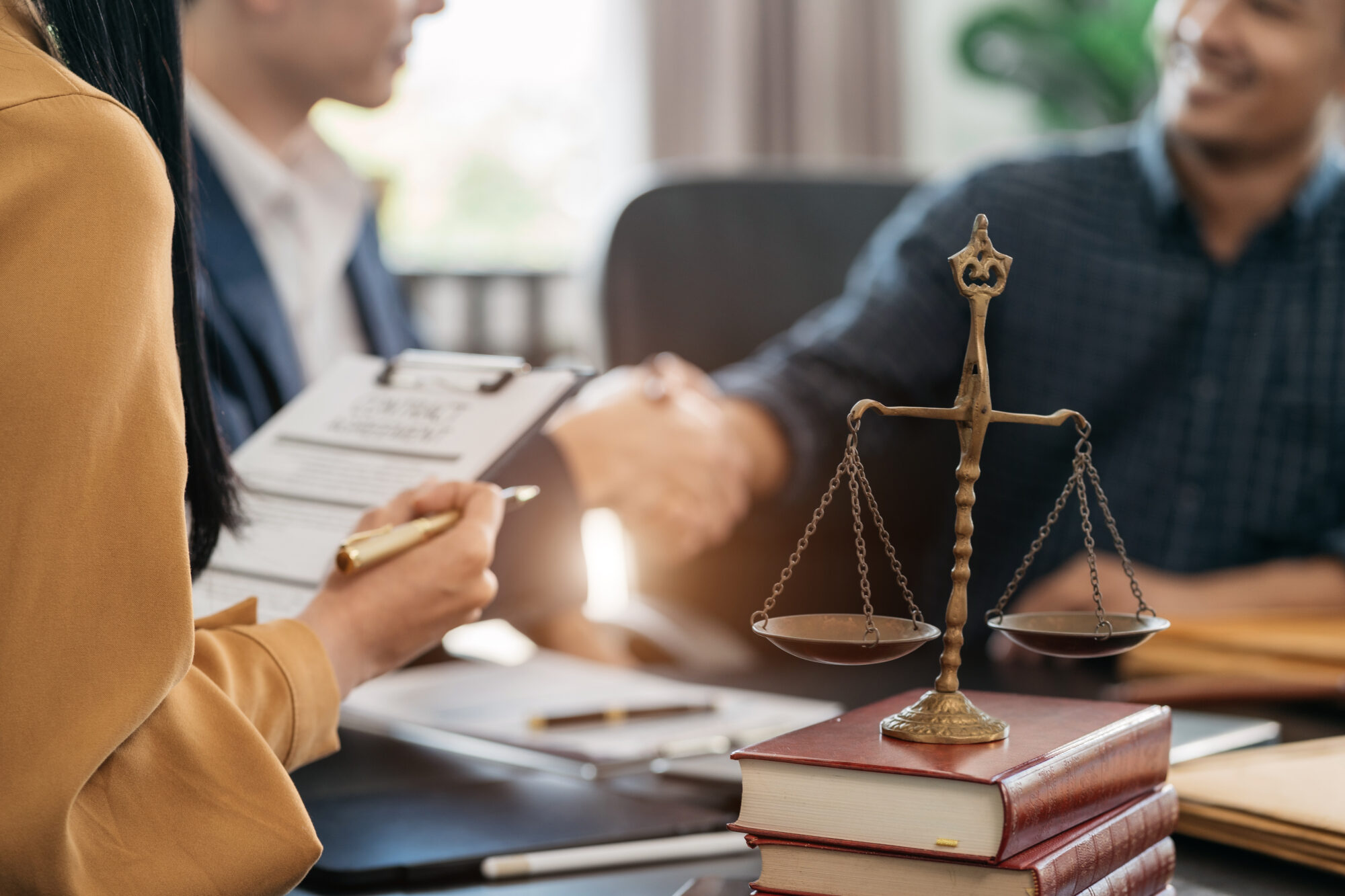Although domestic abuse is less talked about in society in general, it should not be neglected by the law, and the abuser should be punished strictly with specific orders. Usually, in the event of an assault by an abuser, if the abused person reaches out for help via an attorney, then the court will hold the abuser accountable for his actions.
A few things will be considered by the court to perform any legal actions against the abuser since there has to be evidence and proof that the abuse took place.
Hence, a person who is a victim of domestic violence can contact a protection from abuse attorney in PA who can help in providing adequate lawful help and get the court to order the abuser.
Here are the eligibility criteria for filing a petition for protection from abuse:
- Spouse by law
The person approaching legal help for abuse should be the spouse of the abuser by law. Even ex-partners are considered in abuse cases because a personal fight due to divorce might have resulted in the abusive behaviour by the partner.
- Family relationships
The victim can be any person in the same family as the abuser, such as grandparents, grandchildren, brothers, sisters, daughters, sons, and even parents. Hence, if you are dealing with an abusive family, you have the right to get protection from abuse by law.
- Live-in relationship
If a couple is living together or claiming themselves to be a couple and are residing in the same place, and if one partner becomes aggressive and tortures the other person, the victimized partner can openly file a petition claiming they were in a live-in relationship and their partner was abusive. Even if you have a child from a live-in relationship, the case can be considered.
- Child in-common
If you are legally separated from your partner after a divorce but still have a child in common, and your partner is causing trouble to your child and you in specific ways, then you can seek an attorney’s help and get protection from the court legally.
Not all abuse cases are accepted immediately without passing the eligibility criteria of sharing a relationship with the abuser. Only then will the court consider the case and give orders to safeguard you from the abuser.






